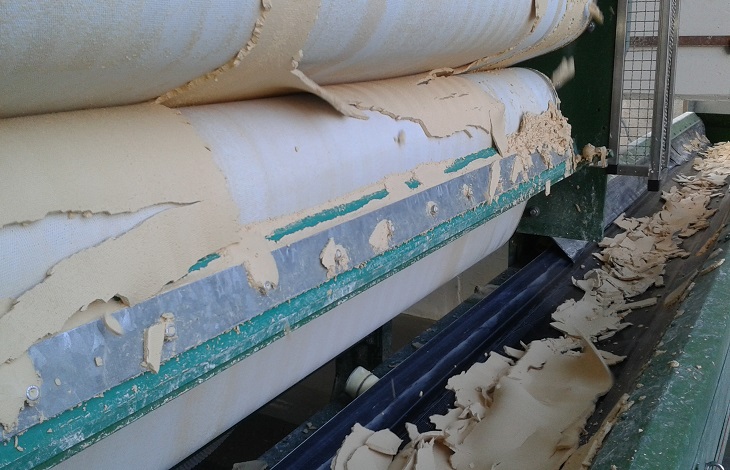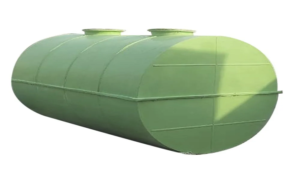WHAT IS SLUDGE DEWATERING BUSINESS AND ITS BENEFITS

Wastewater management is a vital service, particularly in urban areas. However, the continued growth of the urban sprawl is straining the capacity of existing waste management systems. Consequently, this newly present strain jeopardises the limited supply of essential services, thus necessitating the development of new, innovative alternatives to rectify this lack. Hence the introduction of sludge dewatering systems.
To understand more about the business of wastewater management, you must first learn about the sludge dewatering system and its benefits.
WHAT IS SLUDGE DEWATERING?
In waste disposal, sludge describes a mixture of solid and liquid waste. But eliminating it in this state has proven to be costly and ineffective. Sludge dewatering, therefore, refers to the process of reducingwaste volume to prepare for more effective disposal.
Sludge dewatering systems separate the liquid and the solid elements of wastewater. By separating them, you make transportation, treatment and disposal more straightforward. This process occurs by collecting the solids for incineration or landfill disposal. On the other hand, the water is often treated and recirculated for future use.
What Are The Benefits Of Sludge Dewatering?
COST SAVINGS
Conventional wastewater management methods often produce large and destructive amounts of this sludge in city plants. So, the more sludge they make, the more it costs to store, transport and dispose of it. Moreover, these prices become another taxpayer burden that you end up shouldering through an increase in business and personal taxes.
Dewatering has become a vital technical application that wastewater management businesses employ to reduce expenses associated with the process. These savings come about primarily due to the volume reduction of water-saturated soil. Additionally, dewatering eliminates up to 80 per cent of storage and transportation expenses.
HIGH PRODUCTIVITY
Using sludge dewatering to treat wastewater also increases productivity. This advantage becomes evident when you consider where businesses get their water. Most commercial enterprises like textile factories rely on clean water provided by the city for their continuous operation.
However, if there is no effective method to deal with the resultant sludge, it can accumulate very quickly and cause damage to the surrounding structures. In this scenario, the manufacturers would be forced to halt their operations until repairs are carried out, thus lowering their productivity. But, if dewatering is a part of the factory’s process, they can maintain high productivity levels.
ENVIRONMENTALLY FRIENDLY
Not all water treatment applications are sustainable, no matter how effective they are. In fact, most industrial companies and city water plans require vast water volumes to complete the procedure. Additionally, the waste disposal process calls for large amounts of energy, heavy machinery and transportation methods that utilise polluting fuels, thus producing significant carbon emissions.
Dewatering, on the other hand, uses organic chemicals like flocculants. As a result, there is less use of environmentally harmful practices.
ENHANCED PERFORMANCE
Instead of more conventional methods, using sludge dewatering to eliminate biological or mineral deposits can enhance the disposal process. This advantage occurs because dewatering can handle different types of sludge, like oily or slimy sludge. Moreover, this process eliminates the need for thickeners and storage, thus boosting performance. In wastewater management, sludge dewatering has proven to be the most optimal technical application to apply when carrying out the process. It may be the best solution available to city and industrial water treatment plants for a more advantageous method.
Read:
DIFFERENT TYPES OF FILTER MEDIA/FABRIC ROLLS AND THEIR BENEFITS
Centrifuge Trends: New Technologies Drive Innovation





